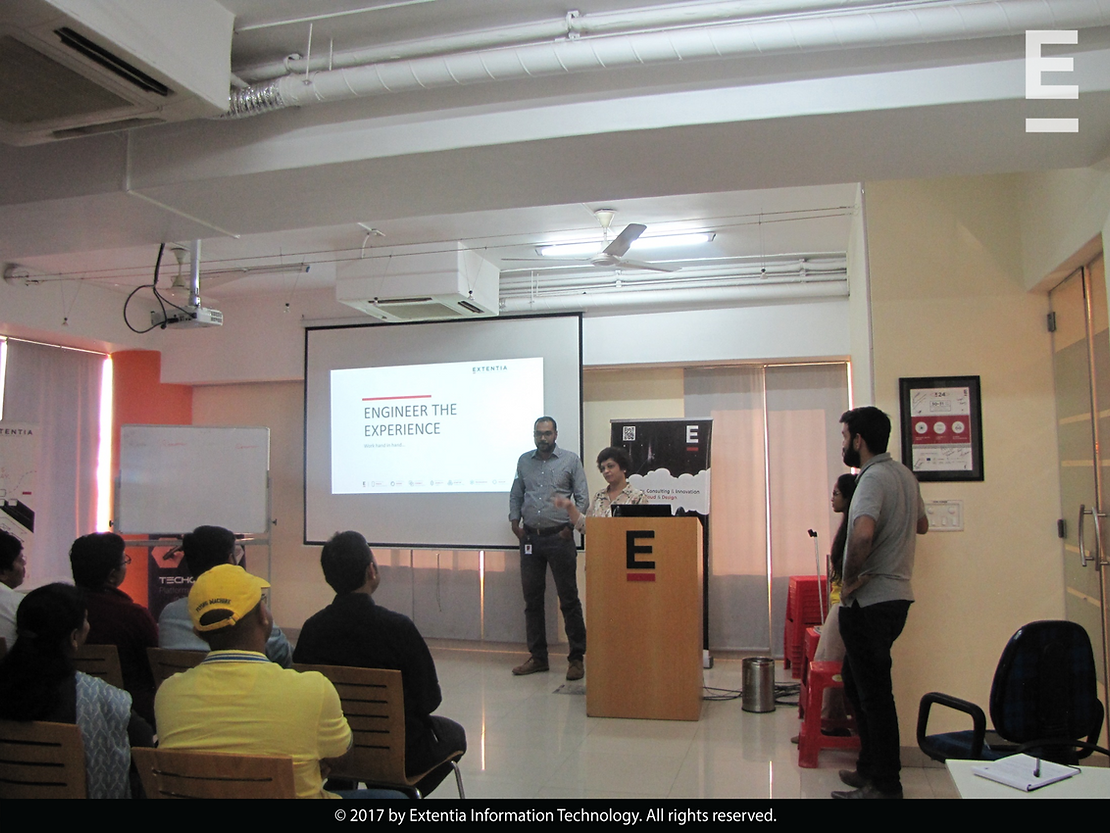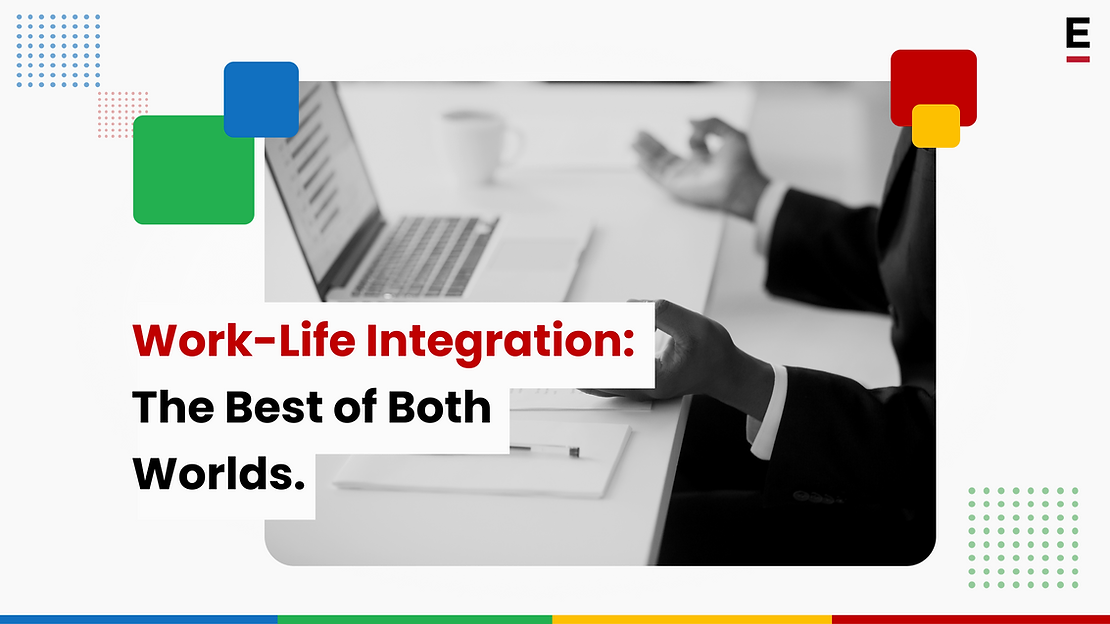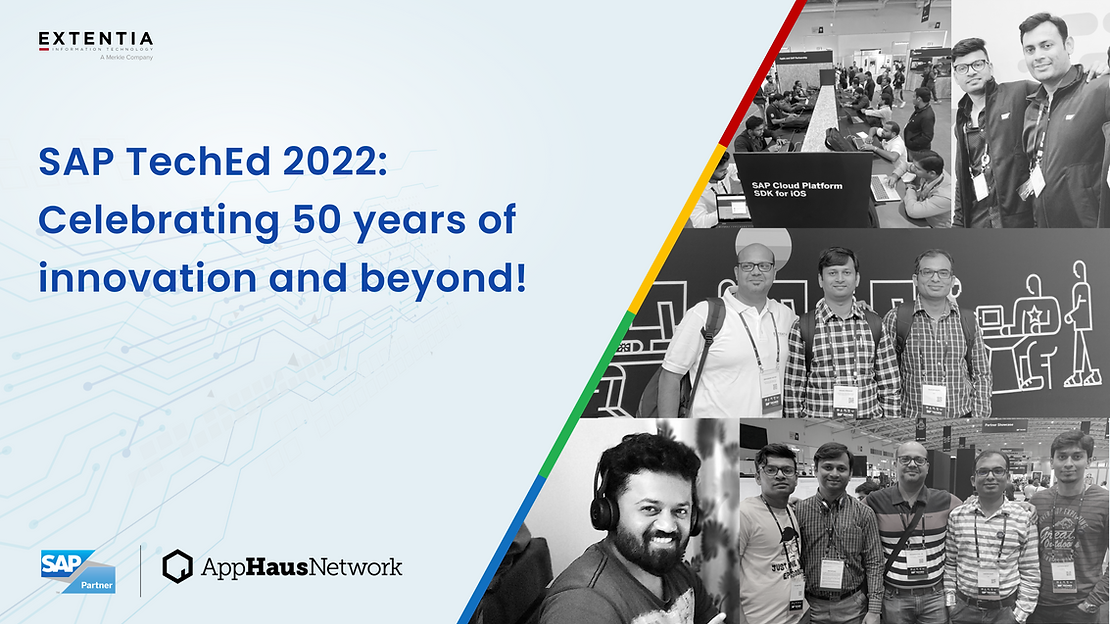Introspecting the Latest Trends in Digital Transformation
The digital transformation landscape is a vortex of emergent technologies, where Artificial Intelligence (AI) and Big Data have become the poster children of innovation. According to a report by IDC, 65% of the global GDP will be digitized by 2022, with direct digital transformation investments forecasted to total $6.8 trillion between 2020 and 2023. Yet, despite these massive investments, many organizations need help to fully harness digital transformation’s true potential, resulting in an “innovation paradox”.
While the advent of cyber-physical systems has blurred the lines between the physical and digital realms, this is just the beginning of a transformative journey. The increasing reliance on cloud technology and big data analysis has accelerated the need for companies to transition rapidly to digital operations. However, a noticeable gap exists between the rapid evolution of technology and businesses’ ability to harness its potential, leading to what we refer to as “technology debt” toward growth.
Organizations must embrace a holistic digital transformation approach to address this gap. Companies must also build a culture that encourages innovation, collaboration, and digital fluency. This involves creating a conducive environment that promotes experimentation and risk-taking, empowering employees to embrace modern technologies and explore their potential applications. Furthermore, it requires strong leadership that champions the vision of digital transformation and drives the necessary changes throughout the organization.
Successful digital transformation is not limited to internal operations; it extends to the entire value chain and ecosystem. Collaboration and partnership with external stakeholders, including customers, suppliers, and industry peers, become crucial. By leveraging technologies such as Application Programming Interfaces (APIs) and cloud-based platforms, organizations can create interconnected ecosystems that enable seamless data sharing, collaboration, and innovation. This interconnectedness allows organizations to tap into the collective intelligence and resources of the ecosystem, fostering a culture of co-creation and accelerating digital transformation efforts.
Iterating the Digital Culture with Emerging Technologies
As we peer into the future of digital transformation, we come across a plethora of emerging technologies that have the potential to redefine what we perceive as “magical” in this transformative journey. While the current trends undoubtedly shape the landscape, it is crucial to acknowledge the transformative power of other key technologies that drive innovation and reshape industries.
One such technology that deserves attention is edge computing. It takes computation and data storage closer to the devices, reducing latency and enabling real-time processing. This capability is precious on the Internet of Things (IoT) ecosystem, where massive amounts of data are generated and must be processed in real-time. By bringing the computational power closer to the source, edge computing enhances performance and response times, enabling critical IoT applications to function seamlessly.
Cloud computing is another cornerstone of digital transformation. It offers scalability, flexibility, and cost-efficiency to organizations. With cloud technology, businesses can leverage powerful computing resources, storage, and services on-demand, empowering them to innovate rapidly and scale their operations efficiently. By utilizing cloud-based infrastructure and services, companies can focus on their core competencies while relying on robust and secure cloud platforms to manage their computing needs.
The Internet of Things (IoT) is a transformative force in digital transformation. It connects devices and objects to enable seamless communication and data exchange. With real-time monitoring, automation, and data-driven insights, IoT revolutionizes industries, optimizing processes and creating innovative products and services. By harnessing IoT, organizations can drive operational excellence, enhance decision-making, and deliver personalized experiences.
Blockchain technology goes beyond its association with cryptocurrencies and Non-Fungible Tokens (NFTs). At its core, the blockchain provides a secure and decentralized database that ensures transparency, immutability, and transaction trust. Its potential extends to finance, supply chain, and healthcare industries, where it can revolutionize processes and systems. Through blockchain technology, organizations can establish end-to-end visibility and traceability in supply chains, ensuring the authenticity and integrity of products. In the finance industry, blockchain technology has the potential to streamline cross-border transactions, reduce fraud, and enhance financial inclusion for the unbanked population.
Robotic Process Automation (RPA) is another transformative technology in the digital realm. RPA leverages software robots to automate repetitive and rule-based tasks. Organizations deploying RPA can enhance operational efficiency, reduce errors, and free human resources to focus on more strategic and value-added work.
Moreover, the advent of 5G technology brings remarkable advancements in connectivity and communication. With its faster speeds, lower latency, and higher capacity, 5G transforms how we connect and interact with the digital world. It enables real-time data transfer, supports the proliferation of IoT devices, and unlocks the potential for groundbreaking technologies like autonomous vehicles and immersive experiences.
Lastly, the realm of Artificial Intelligence (AI) plays a pivotal role in digital transformation. AI encompasses various technologies, such as Machine Learning (ML), Natural Language Processing (NLP), and Predictive Analytics. It enables machines to simulate human intelligence and perform tasks that traditionally required human intervention. AI drives automation, data analysis, and personalized experiences, empowering organizations to harness the power of data and make informed decisions.
These emerging technologies are reshaping industries, enabling innovation, and revolutionizing businesses in the digital age. By embracing these technologies, organizations can unlock new opportunities, enhance connectivity, and achieve greater efficiency and competitiveness in a rapidly evolving digital landscape.
Inspiring the Human Element in Digital Transformation
The human element is the bedrock of any digital transformation initiative, and achieving success in this journey requires a digitally savvy workforce. The challenge lies in reskilling and upskilling employees to adapt to the changing technological landscape. Recent reports by the World Economic Forum estimate that by 2025, 50% of all employees will need reskilling as technology adoption increases. Furthermore, the half-life of skills is rapidly decreasing, making continuous learning a necessity rather than a luxury. However, reskilling should not be viewed merely to an end. Businesses must also manage the human side of digital transformation, addressing resistance to change, fostering a digital culture, and ensuring that technology is used to align with their values and mission.
Organizations must invest in training and development programs to cultivate a digital culture that equips employees with the necessary digital skills and knowledge. This includes technical skills and critical thinking, problem-solving, and creativity—the skills that differentiate humans from machines. Furthermore, organizations must foster a continuous learning and experimentation culture, encouraging employees to explore modern technologies, share ideas, and collaborate across teams. This can be facilitated through various initiatives such as hackathons, innovation labs, and cross-functional projects.
The human element goes beyond just skills and capabilities. It also encompasses the ethical and societal implications of digital transformation. As organizations adopt emerging technologies, they must ensure ethical considerations are at the forefront of decision-making. This includes addressing issues such as data privacy, algorithmic bias, and the impact of automation on jobs. Organizations can build trust with their stakeholders and contribute to society by prioritizing ethical practices and responsible innovation.
As we stand on the precipice of this new era, one thing is clear: Digital transformation is not a passing trend or a buzzword — it is a fundamental shift in how we do business. And as this shift accelerates, those who can harness the power of digital transformation will be the ones who not only survive but thrive in the digital age. We believe digital transformation will be an ongoing journey, and success lies in the ability to adapt, iterate, and embrace the transformative power of technology in a responsible and human-centric manner.




